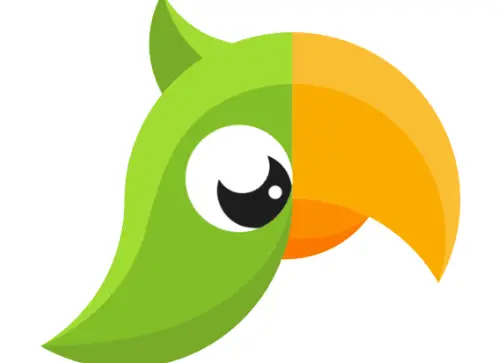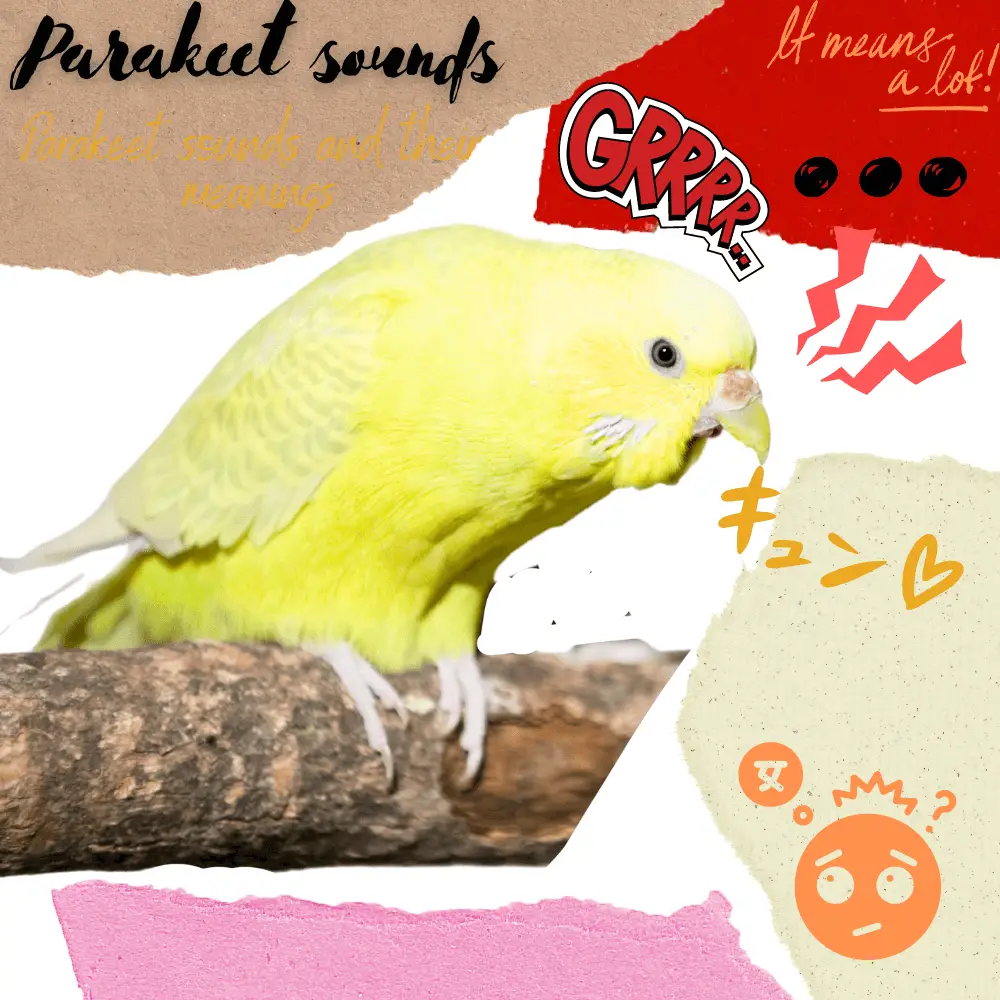Parakeet sounds: Parrots are special birds, and one of the best things about owning them is how they communicate with us! These little guys are some of the most vocal of the parrot species, so they will always let you know how you feel.
If you’re curious to know what the sounds your parakeet makes might mean, we’ve rounded up the 10 most common parakeet or parakeet sounds, along with their meanings.
Parakeet whistling
Whistling is a sign that your parakeet is happy and healthy. It’s very easy to teach your parrot to whistle, but if you also want to teach him to talk, it’s best to deal with that first.
It’s easier for your bird to accomplish whistling, so if they learn how to do it first, they may decide that talking takes too much effort!
Parakeet tweets
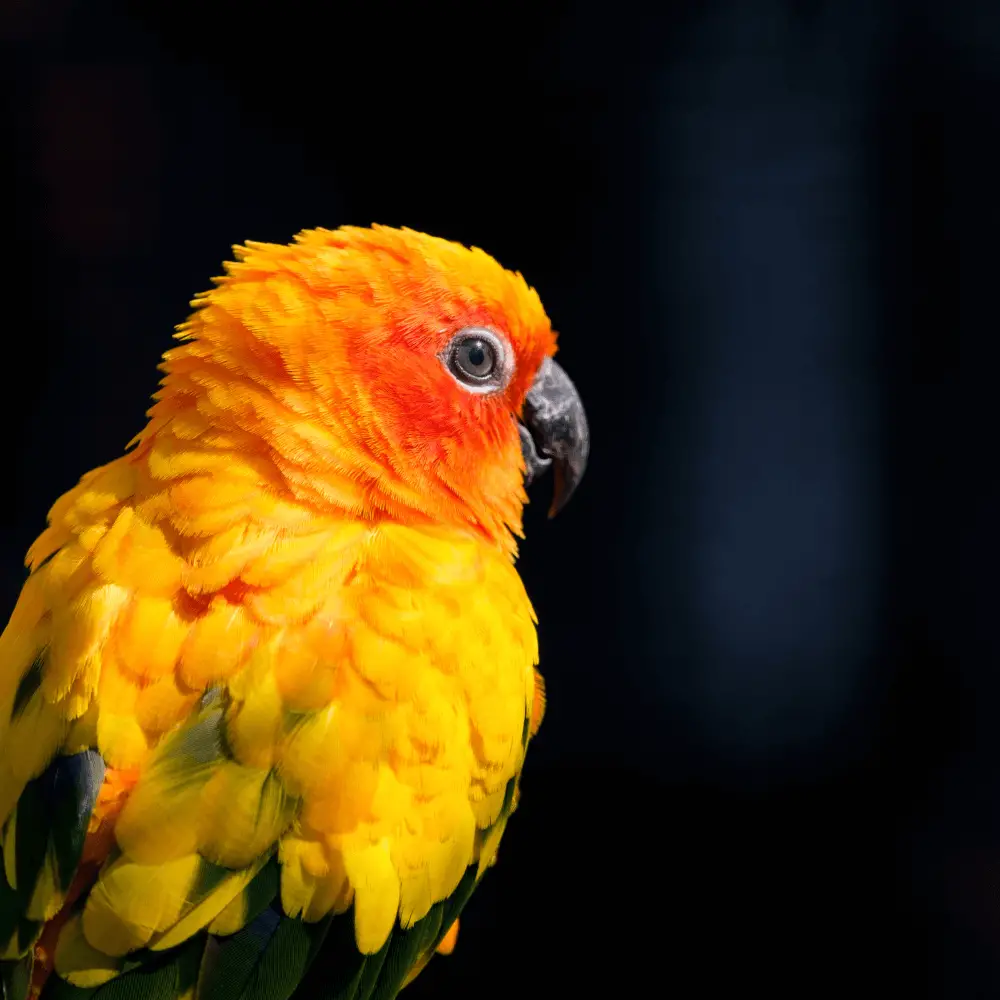
Parakeets love to chirp, and you’ll have to get to know your bird to know exactly what a “happy chirping” sounds like. Basically, this noise means that all is well in your little bird’s world.
In the wild, twittering is used as a way for flock members to reassure each other that all is well and good. Don’t be surprised if your parakeet tweets to itself (and you!) all day long.
Parakeet chattering
Parrots love to chatter, and this may be less recognizable than if they were talking and uttering certain words. They may appear to be talking away to themselves, perhaps rehearsing a difficult new word you have taught them.
A happy chattering parrot usually sits on its perch with its feathers fluffed up in a sign of happiness. Male parrots often chatter with females as a way to get their attention and affection.
Parrots often chatter in their mirrors, and of course, the other bird they’re talking to is incredibly attentive!
Parakeet Sing
Singing is a good sign that all is well in your parrot’s world. They may combine chirps, whistles, whistles, and other sounds into a steady stream of singing. Parrots will sing to each other to show they are safe and content, so they will often do the same to their owners!
SOURCE: African Grey Parrot Pet
Beak grinding parakeet
This can be seen as a happy, content sound, similar to a cat’s purring. A parakeet grinding its beak is probably getting ready for a peaceful sleep.
A reprimand
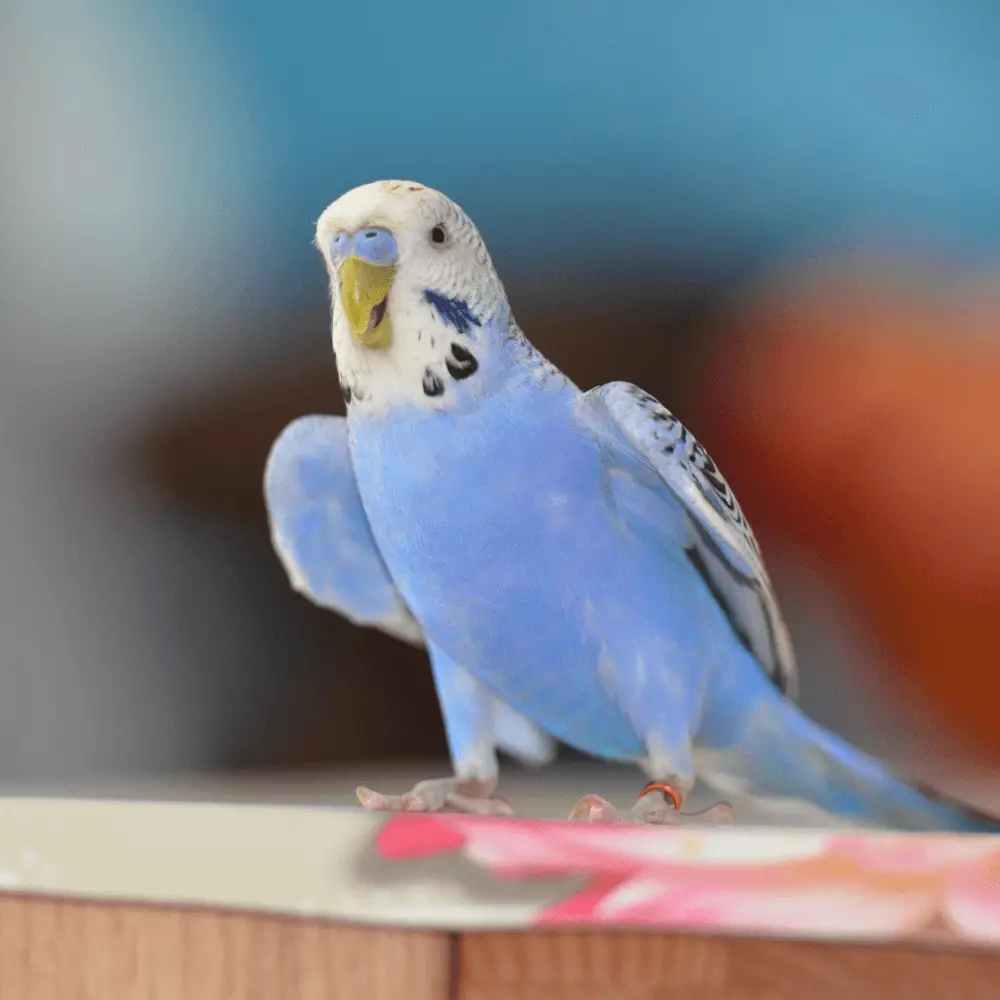
This noise sounds like whistling or “tssk,” and parrots may use it to warn someone who has invaded their space. If you have several birds in one cage and you hear them scolding each other regularly, it may mean that they do not have enough personal space.
Unhappy Parakeet whistling
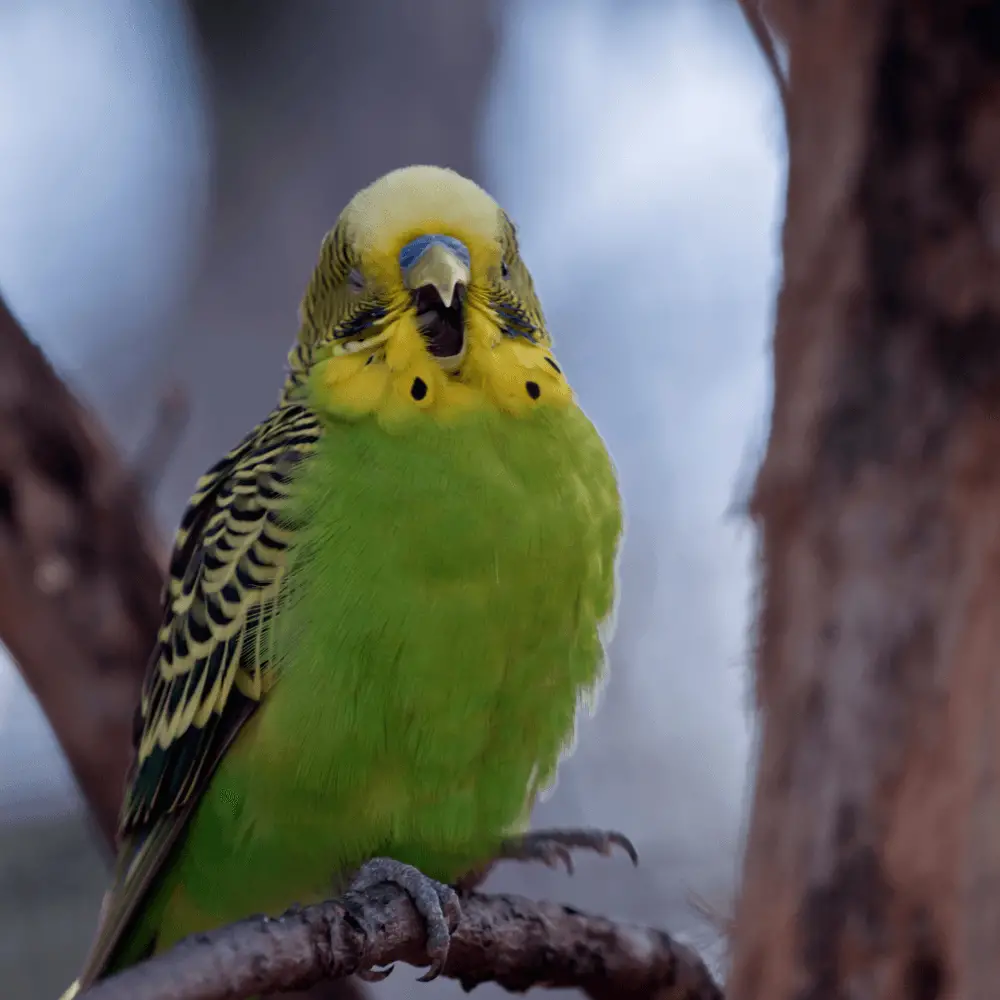
Chirping is a versatile noise that can also be used to indicate that a parrot is angry. Your parakeet may make a small growl to remind you that its food or water bowls need refilling, or simply ask you to pay it some attention.
Chirps that get louder and more like a “tweeting” noise means your parakeet is getting excited about something going on,
whether it’s seeing birds outside the window or asking for reassurance from you or other parrots you live with. Unhappy dice can escalate into squeaks if nothing bothering your parakeet is not resolved.
Squawk parrot
Parrots will start squawking if they sense something is wrong. They may sense a predator (the cat next door on the window sill!) or they may be in a state because no one remembers to fill their food bowl.
If you have a hen that is in the mood to mate, her hormones can sometimes make her scream. A soothing voice and some paying attention to what the problem is can make a noisy parrot feel reassured, as can covering its cage for a short time.
Screaming parakeet
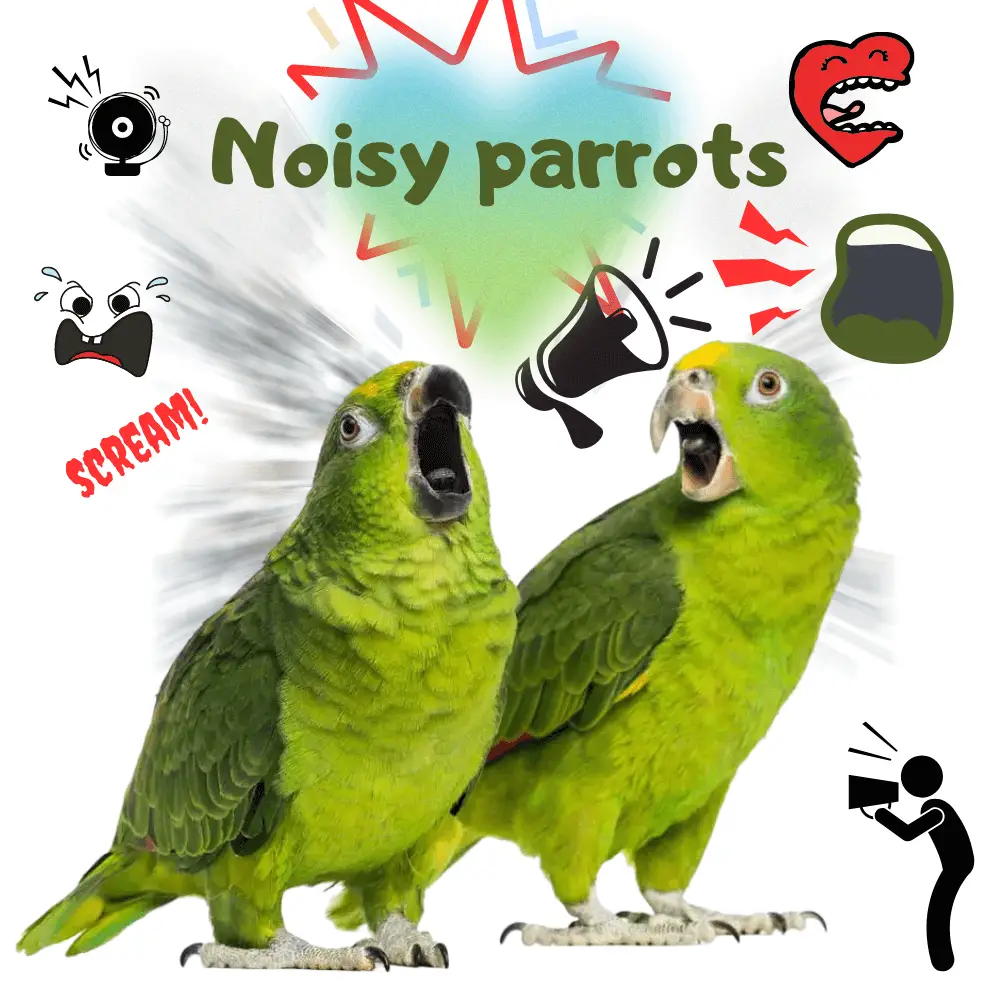
Parakeets often make a kind of happy chirping or whistling noise, but the screaming can be thought of as an alarm call.
Some parrots may occasionally experience making this sound, but if you hear your parrot screaming, you may feel sad or in pain.
Parakeet Talk
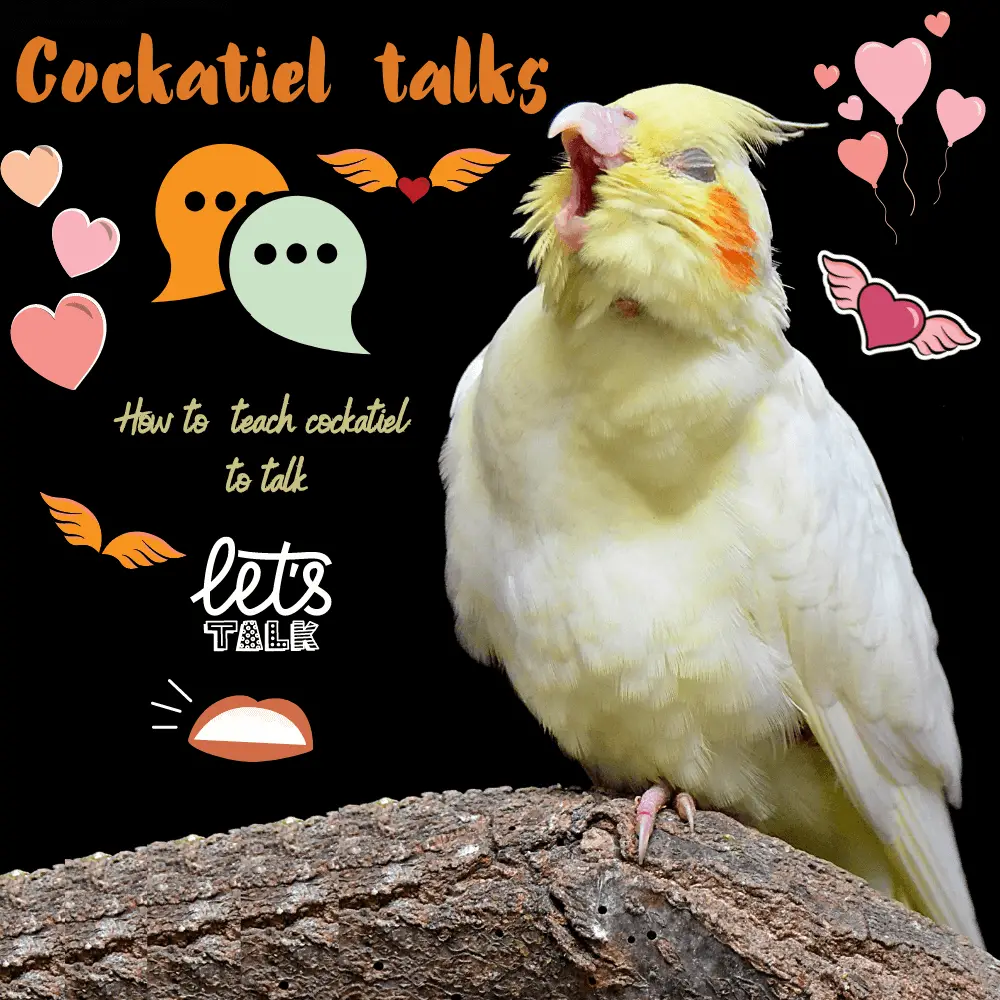
Parrots can talk by mimicking the sounds they hear around them. Repeating words can be a great way to get them used to the words you want them to say.
Talking to you shows that your parrot cares about you, and he’s also trying to get your attention! In general, male parrots learn to talk more easily than females and often speak more clearly.
